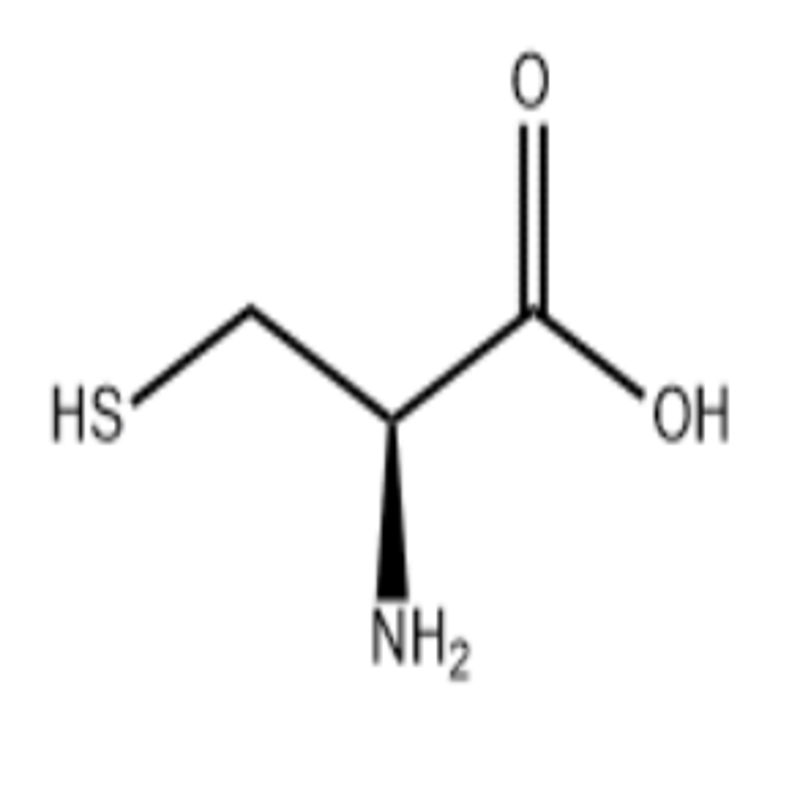-
Categories
-
Pharmaceutical Intermediates
-
Active Pharmaceutical Ingredients
-
Food Additives
- Industrial Coatings
- Agrochemicals
- Dyes and Pigments
- Surfactant
- Flavors and Fragrances
- Chemical Reagents
- Catalyst and Auxiliary
- Natural Products
- Inorganic Chemistry
-
Organic Chemistry
-
Biochemical Engineering
- Analytical Chemistry
- Cosmetic Ingredient
-
Pharmaceutical Intermediates
Promotion
ECHEMI Mall
Wholesale
Weekly Price
Exhibition
News
-
Trade Service
food that makes the body. The study found that food may affect gene expression, and that the change is significant.food at the present, who don't salivate. The most health conscious people occasionally resist the temptation of junk food. But even if you indulge only occasionally, these foods can cause huge changes in gene expression. Marianne Walhot, a professor of molecular medicine at the University of Massachusetts School of Medicine, said: Marian Walhout's team, in two articles published in the latest issue of Cell, explores the link between diet and metabolic and physiological functions.In short, we found that using different types of bacteria to feed
Caenorhabditis elegans
, their gene expression changes dramatically and leads to important physiological changes. "Compared to the worms fed with
E. coli
, the niches fed with
Comamonas
have fewer offspring, shorter life spans, and faster development," Walhot told Fruitshell.com. Theidentified at least 87 changes caused by food differences. "These changes affect the development, reproduction, and aging of the worms, which can be said to last a lifetime," Walhot told Fruitshell.com. "They were surprised to find that the developmental effects of these changes were not dependent on the TOR pathline and insulin signaling path, but were primarily active in nutritional control.part of the expression occurs on an adjustment factor that controls the molting cycle. "Importantly, the same regulatory factors are responsible for regulating circadian rhythms in humans." Lesley MacNeil, the paper's first author, explains that "circadian rhythms are influenced by diet. This suggests that we may be able to use beautiful cryptodes to study the complex associations between diet, gene expression and physiological function, and to understand their relationship to human diseases. Inarticle, the team revealed that the dietary response of the beautiful cryptosomiasis is regulated by a transcriptional response system. To gain a deeper understanding of the molecular mechanisms behind food-influenced gene expression, we conducted complementary genetic screening to look for genes that cause abnormal responses to food. Emma Watson, lead author of the paper, said: "We have discovered a huge network of metabolic and regulatory genes that integrate intracerticular nutritional needs and imbalances with external conditions and transmit them to information processing genes, causing appropriate responses. " using this gene-regulating system in beautiful crypto-worms may be able to pick out ways to alleviate some of the symptoms of the disease." This regulatory mechanism is very conservative and is associated with human congenital metabolic diseases such as maple glycemia. Walhot told Fruitshell.com. Currently, these metabolic diseases are treated with dietary interventions to prevent the accumulation of toxins and supplement metabolites that patients may lack.for a variety of reasons, it is difficult to explain the complex relationship between human diet, gene expression and physiology. "Now we can use an easy-to-operate system, the beautiful cryptosomal worm, to help us understand which ingredients in food can affect a person's gene expression, physiological characteristics, and even disease.A.J. Walhot, a professor of molecular medicine at the University of Massachusetts School of Medicine in New York. Marian Walhout)。 Her team published two articles in the latest issue of Cell, exploring the link between diet and metabolic and physiological functions. Walhot told Fruitshell.com that they have conducted research to explore what foods will make human offspring less, live shorter and develop faster.







